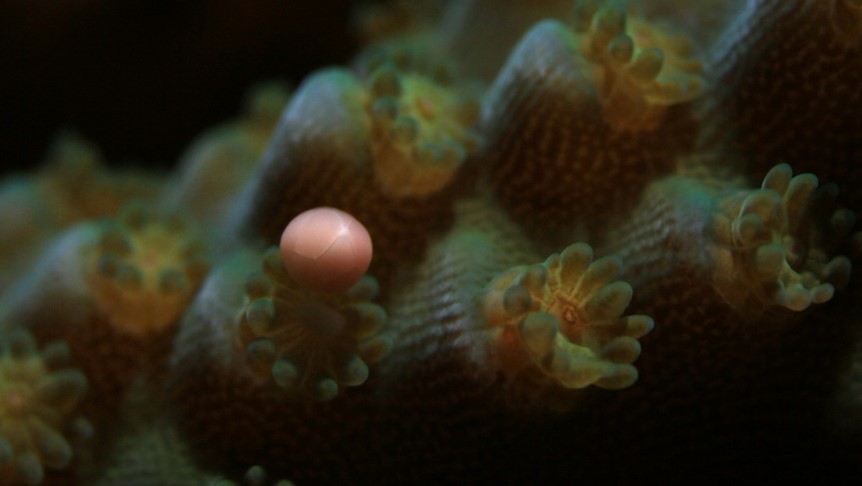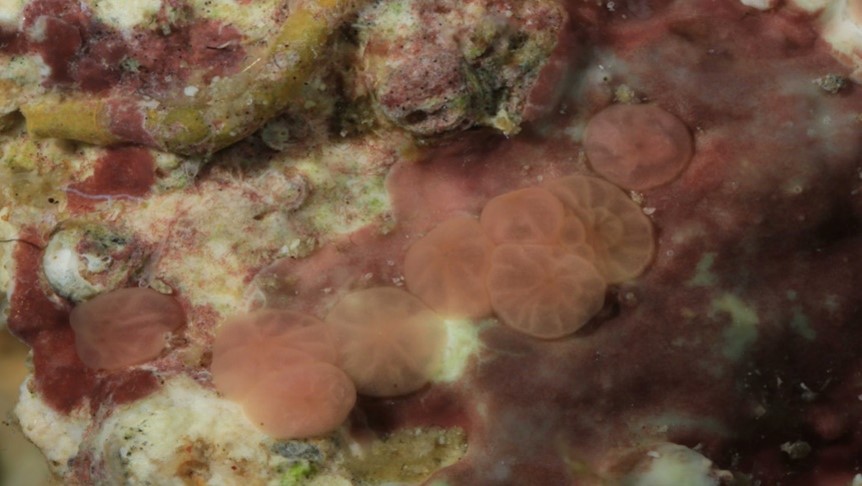The Coral Spawning Lab were the first in the world to induce broadcast coral spawning ex situ, phase shifting the timing to occur during the day and any month of the year we choose (Craggs et al. 2017). They then maximised settlement and early growth (via the use of co-culturing micro-herbivores – Craggs et al. 2019). This resulted in an increase in growth and survivorship by upwards of 40%. The Lab closed the reproductive cycle in captivity for the first time (again) – enabling the production of multiple generations for years to come. Importantly this was at a scale usable for real world application (Craggs et al. 2020). This body of work resulted in significant benefits for international coral reef conservation efforts, and the Lab were heralded as game changers for their dedication in this area. Indeed, due to demand for time and expertise, they participated in a knowledge-exchange partnership with industry and created a spin-off company enabling the design, construction and distribution of systems worldwide. The company is now an award winning, multi-million-pound business, having installed 70 systems in 18 locations across 12 countries, including; Portugal, the US, Maldives, Saudi Arabia, and Qatar (www.coralspawninglab.org). Although the business is ‘for-profit’, the Lab prides themselves on publishing all schematics and blueprints open access so any institution can adopt these methods independently.
At the Coral Spawning Lab, passion for coral biology and the know-how around high quality aquarium design are brought together to offer a unique tool to tackle the current coral crisis. Guided by science (developed over the past decade), they design and install bespoke aquaria aimed primarily for the spawning of Scleractinian corals.
Their improved designs allow for multiple spawning each year, which can now provide unprecedented access to coral gametes for research, restoration, aquaculture and science communication practices.
They have deployed over 70 systems, in 19 locations across 12 countries.

Image Rights: University of Derby, Nature-based Solutions Research Centre

Image Rights: University of Derby, Nature-based Solutions Research Centre
https://www.canon.co.uk/view/coral-spawning-lab/


